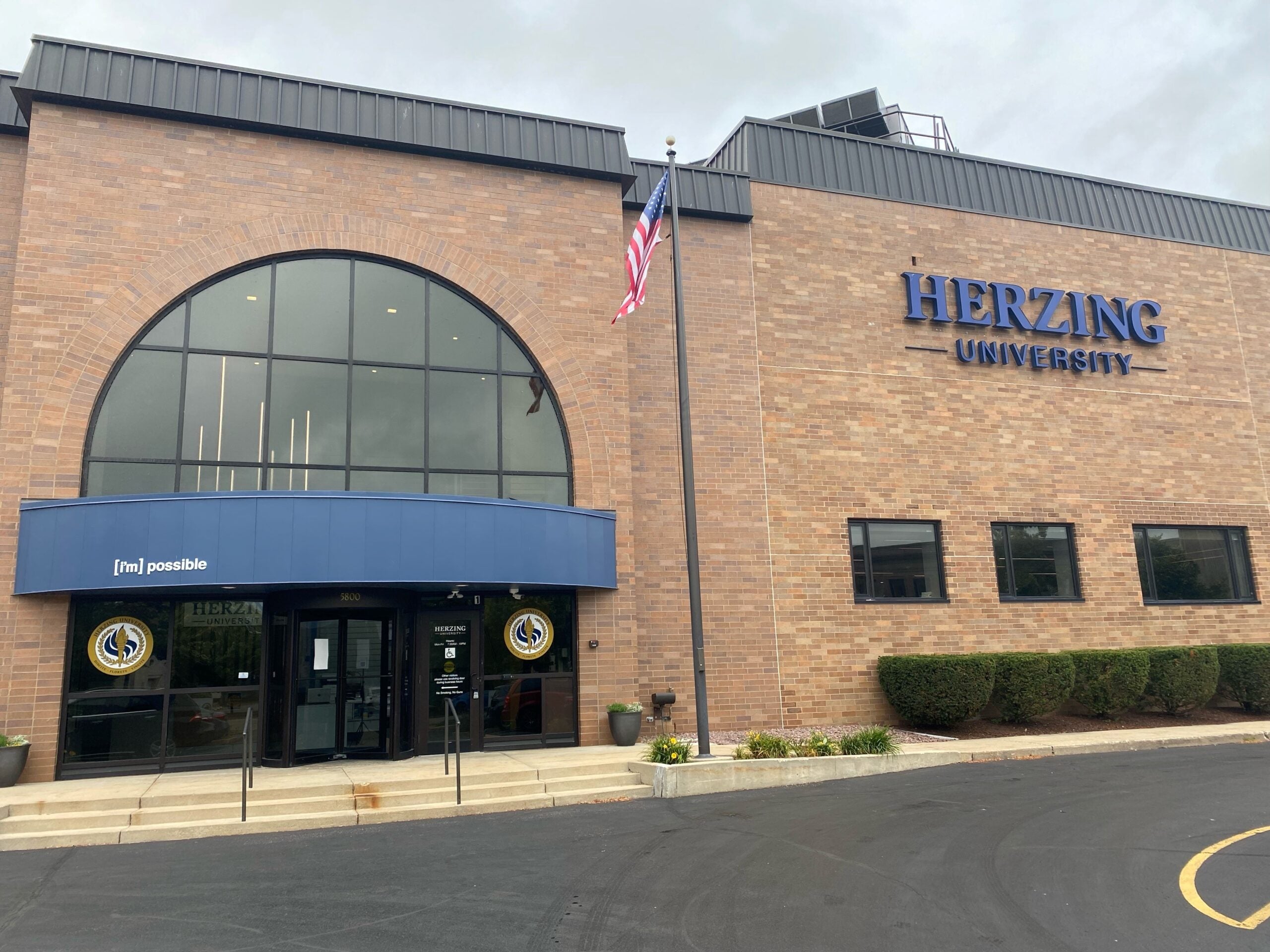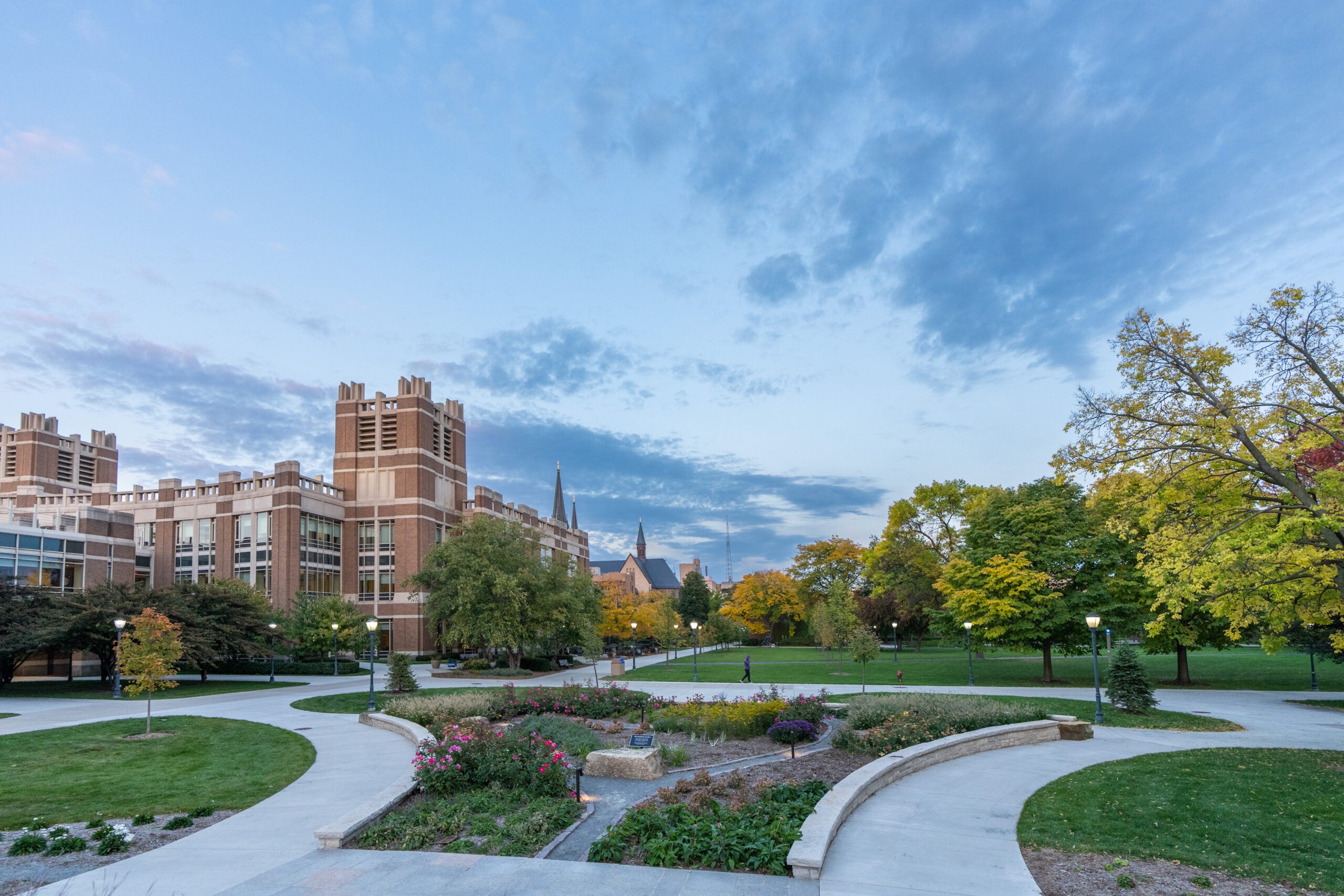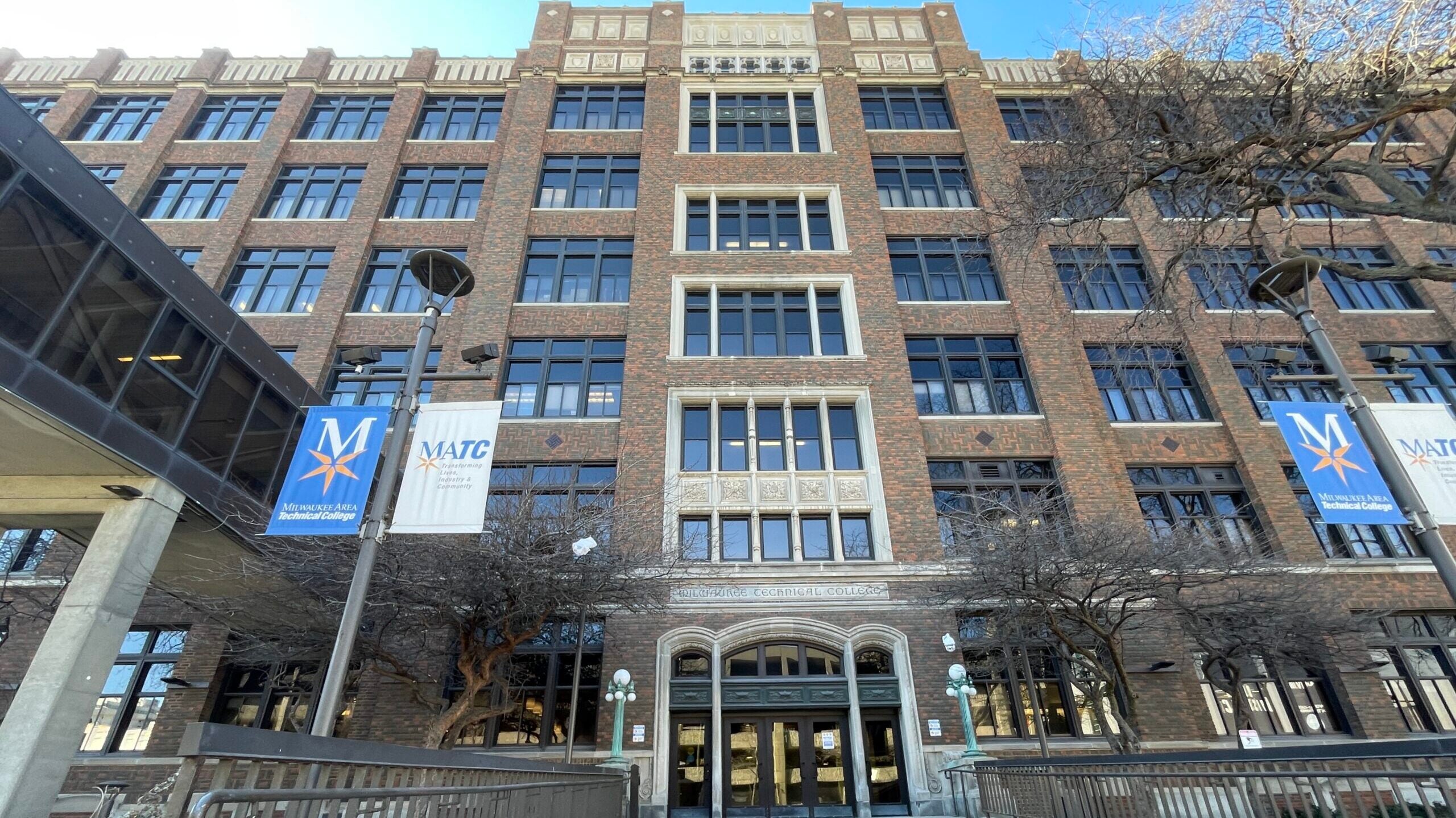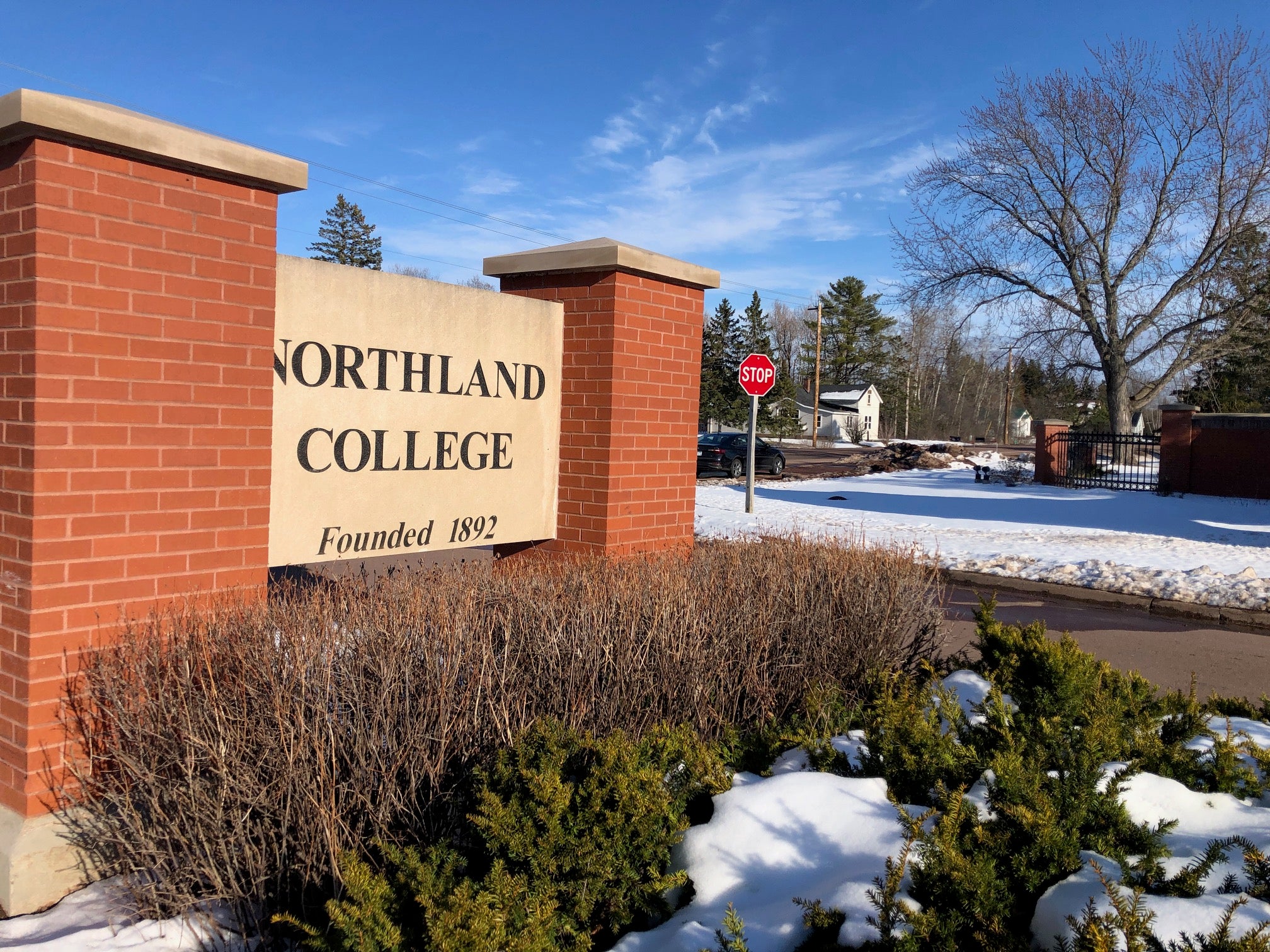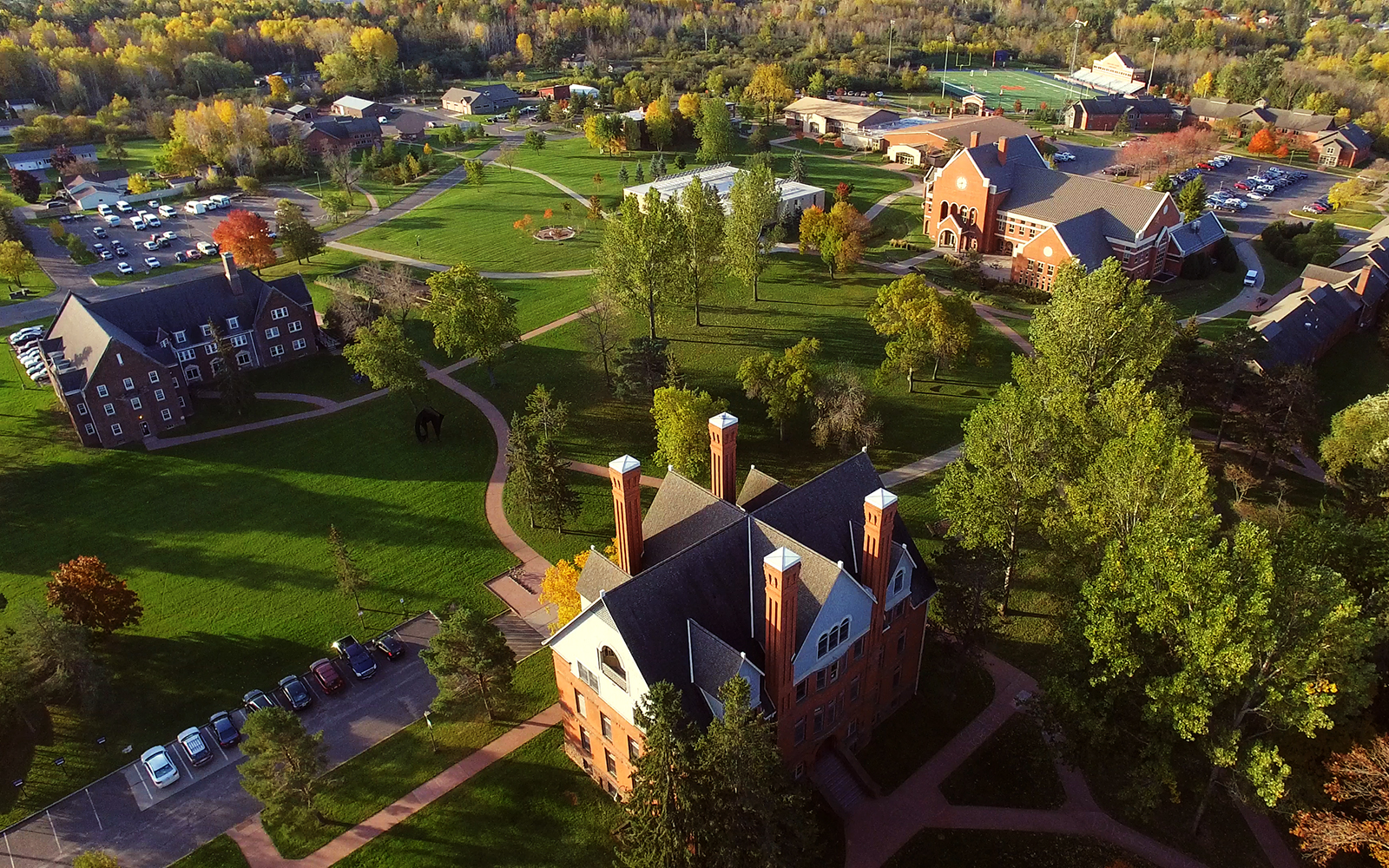Herzing University’s campus in Kenosha is the latest Wisconsin college to be recognized as a Hispanic-Serving Institution.
The designation comes with a $2.7 million, five-year grant from the U.S. Department of Education.
Jeff Hill, president of Herzing’s Kenosha campus, said the money will allow the school to hire more bilingual faculty, add ESL services and increase mental health and counseling services.
Stay informed on the latest news
Sign up for WPR’s email newsletter.
“As a university, we want to focus on how to foster inclusivity and engagement and create educational opportunities for all students, regardless of their demographic background,” Hill said. “We want to reduce barriers that make it easier for students to go to school and improve the quality of their lives.”
Hispanic-Serving Institutions are schools that have a full-time student population that is at least 25 percent Hispanic.
Herzing’s Kenosha campus has about 500 students, about half are Hispanic.
The school is a private, nonprofit that is part of an 11-campus network in eight states.
The cost to attend is about $12,000 per year, which Hill said is comparable to Carthage College in Kenosha or Marquette University. Many of the students qualify for federal Pell grants, Hill said.
Herzing’s graduation rate on the Kenosha campus is about 50 percent, according to the university. By comparison, the graduation rate at Carthage is about 60 percent.
“The university has about 110 academic programs, in Kenosha, the majority of our students study nursing and health care,” Hill said. “For students to be able to pursue their education not only benefits themselves from a career aspect, but it helps employers that there’s a national nursing shortage, and then it also helps our community as we’re able to increase health care providers.”
According to a July report from the state Department of Workforce Development, there will be between 12,000 and 19,000 nurses needed by 2040.
“Meeting workforce challenges in healthcare is a driving force behind many DWD initiatives, including new nursing apprenticeships, and it is a primary focus of the Governor’s Task Force on the Healthcare Workforce,” according to the report. “We are working to expand careers in nursing, make training more affordable and bring healthcare career opportunities to more people.”
About 30 percent of the Hispanic students at Herzing are majoring in a health related field.
Pamela Fable, director of operations at Herzing’s Kenosha campus, said the federal grant will ensure Hispanic students have the resources they need to help them thrive academically.
“This grant will enable us to make a meaningful impact on the success of our Hispanic students by addressing key challenges they face,” Fable said.
About 20 percent of colleges in the U.S. are designated as Hispanic-Serving Institutions.
Herzing is not the first college in Wisconsin to be designated as a Hispanic-Serving Institution. Alverno College in Milwaukee was named Wisconsin’s first Hispanic-Serving Institution in 2017. In 2020, Mount Mary University in Milwaukee received the designation.
Milwaukee’s growing Latino population has increased 213 percent between 1990 and 2014, according to a study commissioned by the Greater Milwaukee Foundation in 2016.
Wisconsin Public Radio, © Copyright 2025, Board of Regents of the University of Wisconsin System and Wisconsin Educational Communications Board.
